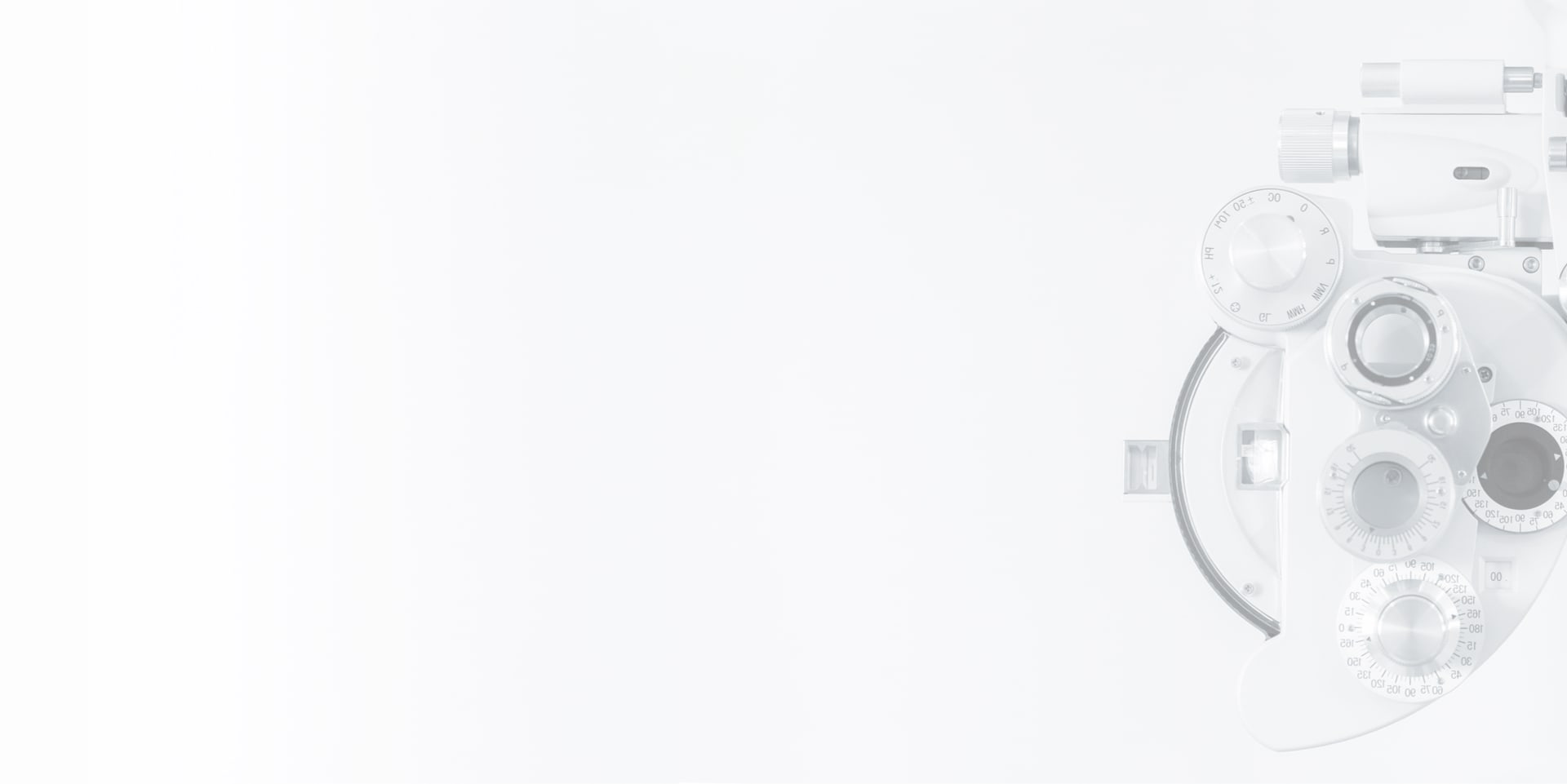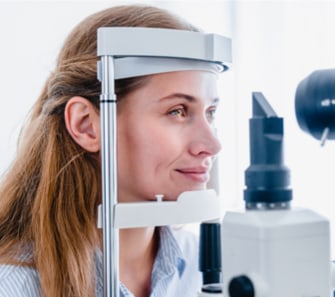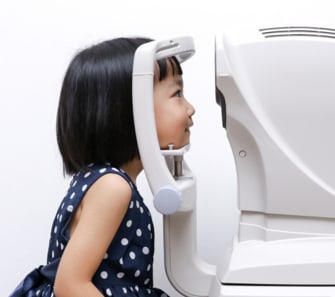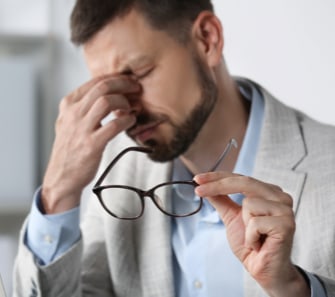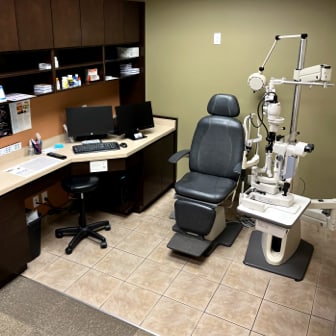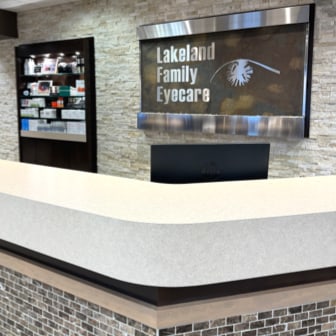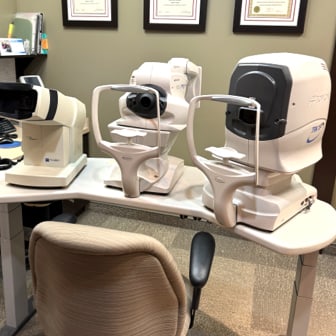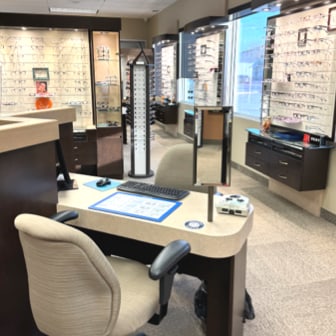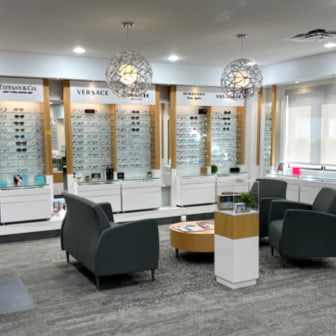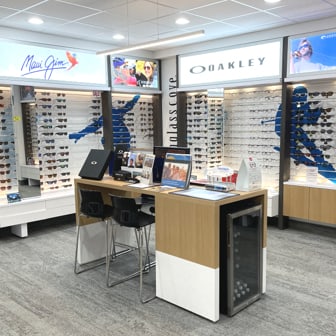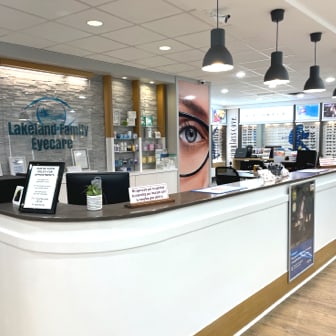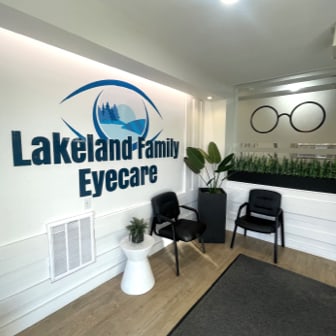Approximately 25% of Canadians will develop hyperopia in their lifetime. It is usually referred to as farsightedness and is one of the most common vision problems among Canadians. Hyperopic patients are able to see distant objects without issue but struggle to focus on objects up close.
Hyperopia is a refractive error of the eye, just as myopia (nearsightedness) is. It is the result of the cornea of the eye not being curved enough and/or the length of the eye being too short causing objects to focus behind the retina. The closer the object is to our eye, the further the image focusses behind the retina and thus the blurrier it appears.
Hyperopia Symptoms
Common symptoms of hyperopia are:
- Headaches
- Close objects appear blurred
- Eye fatigue
- Eye strain as a result of squinting
Hyperopia treatment
Hyperopia is an eye condition that is easily treated with eyeglasses and contact lenses. Just like myopia, the degree of your hyperopia will dictate if you need to wear your prescribed eyewear all the time or just situationally.
Refractive (laser) surgery is usually not a great option for treating hyperopia due to the complexity of the surgery but this depends on several factors.
Surgery may reduce or completely eliminate the need to wear eyeglasses and contacts. To find out if you would be a good refractive surgery candidate for your hyperopia we recommend booking an eye exam with one of our Optometrists.
